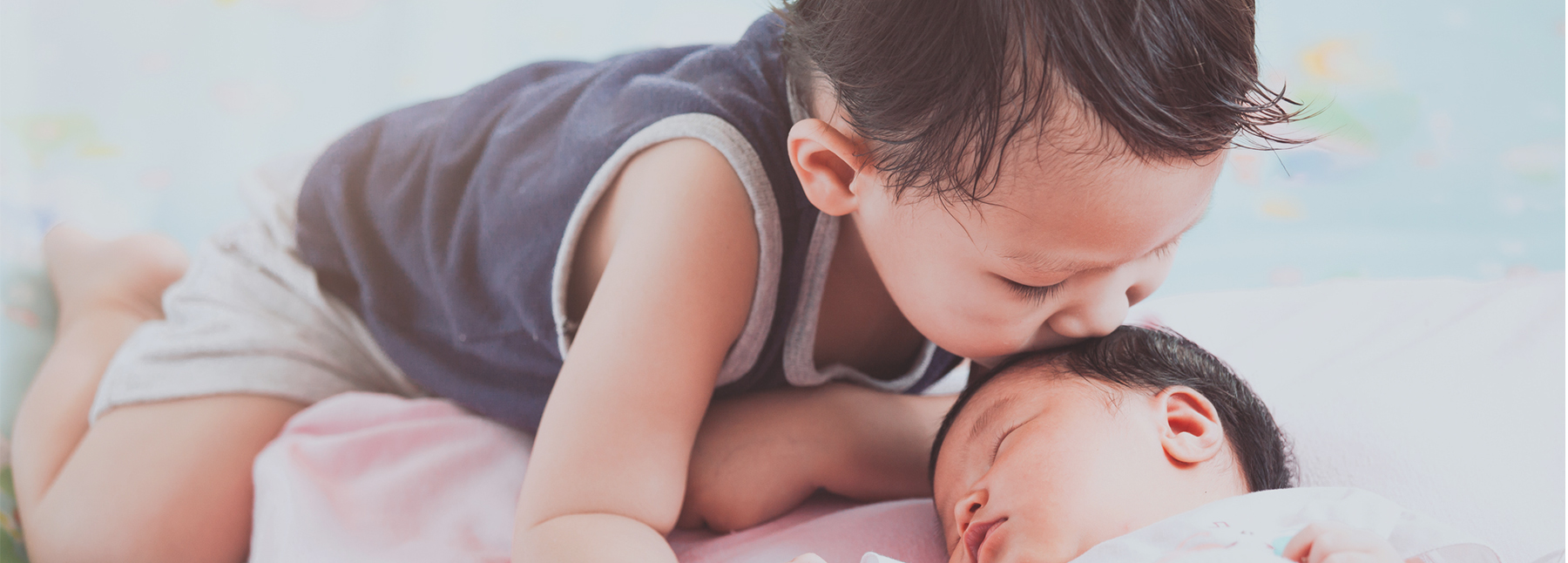Even the briefest of searches for topics related to having a baby will return an overwhelming amount of often contradictory advice on looking after your new family. This, coupled with the any cultural differences between you and your partner can leave you with more questions than answers. What is normal and common sense for you may seem very unusual to your partner. Below are just some of the cultural differences when it comes to raising babies around the world:
Are you planning on raising a baby while living and working abroad? This may present some challenges as you are away from the support of family and often in a culture which may be very different to your own.
Naptime in the Nordics
If you or your partner are from Sweden, Norway or Denmark than leaving your baby outside to sleep could be regarded as normal. To your non-Nordic partner or friends, leaving a baby or toddler out to nap in temperatures as low as -15 degrees Celsius might seem harsh but the theory behind it is babies who sleep outdoors catch less coughs and colds. Research conducted in Finland also indicated that outdoor napping lead to better quality sleep.
Infant potty training in China
In China and other parts of Asia it is common for babies to be potty trained from 6 months onwards using a whistle. The parent watches for physical cues from the baby indicating they need to go and uses a whistle or specific sound when they do that, over time, the baby associates with using the potty.
The individual vs the collective
This is a concept that varies across multiple countries. Generally babies born in the west, USA, Europe and Australia are raised to be more independent than their counterparts in the east. In many Asian cultures adhering to the status quo and duty to family are much more important than the needs and wants of the individual.
Rest in the Netherlands
As Dutch children, have been twice voted amongst the happiest in the world by UNICEF, Dutch parents must be doing something right. One of the tools Dutch parents employ is ensuring babies get plenty of sleep. Dutch babies get approximately 2 hours more sleep than their US counterparts. How, you might ask? There are two main tools employed; babies almost always sleep in their own cot or bed versus on the move, and when they are awake, environmental stimulus is limited so they are more relaxed and ready to sleep at nap time.
So, you can see there are a lot of differing methods when it comes to raising a baby in more than one culture. The important thing to remember is, one is not better than the other, they are just different and stem from wanting the best for our children. We know this is only the tip of the iceberg, let us know on our Facebook page, what cultural differences you and your partner have with when it comes to raising a baby.
One thing that is essential when parenting a baby is ensuring their and your physical health and wellbeing. If you are a parent or soon to be parent working as an expat abroad, get in touch with us to discuss the international health insurance needs of your family.


